Walk through any chemist or supermarket and you’ll see shelves stacked high with vitamins in neat little bottles. They promise energy, immunity, sharper thinking — health made simple. But here’s the uncomfortable truth: the science shows that nutrients pulled apart from food and manufactured in labs don’t work the same way as nutrients from wholefoods.
In fact, whole foods consistently come out on top when it comes to how well our bodies use them, how they affect our brains, and how safe they are.
Our Bodies Prefer Food, Not Isolates
Think of nutrition like music. A single note played on its own can be pleasant, but it doesn’t compare to a full symphony. That’s what wholefoods offer: vitamins, minerals, fibres, and phytochemicals working in harmony.
Researchers such as Ashor and colleagues (2016) have shown that when nutrients are delivered in their natural form — as part of this orchestra — our bodies absorb and use them far more effectively than when we swallow a synthetic tablet. Visioli et al. (2014) found that even when you match the nutrient content, food still has a stronger biological impact. Minerals tell the same story: as Lönnerdal (2010) explained, our guts are simply better at pulling iron, zinc, and calcium from food than from isolated supplements.
Other studies show this effect clearly in practice: for example, tomatoes have long been studied for lycopene, yet research demonstrates that eating whole tomatoes or tomato paste provides greater antioxidant protection than taking lycopene supplements alone. This is because the other compounds in tomatoes — vitamin C, vitamin E, and flavonoids — work together with lycopene in ways scientists are still unravelling.
At Forest Super Foods, every supplement we make is food-based — never synthetic. That means our blends contain nutrients in the same forms your body has evolved to recognise and utilise, maximising both absorption and benefit.
Brain Food Is More Than a Catchphrase
We all know blueberries are good for the brain — but the why matters. Gómez-Pinilla (2008) revealed that wholefoods don’t just deliver nutrients; they influence brain chemistry, memory, and even mood. Try bottling that in a capsule.
It’s not about one vitamin or antioxidant, but the complex cocktail of compounds in food that interact to boost brain health. For instance, flavonoids in berries enhance communication between brain cells, while omega-3s from fish support healthy membranes and reduce inflammation. Together, these compounds create changes no single isolated nutrient could achieve.
The Dark Side of “More is Better”
Here’s where supplements can turn sour. Take vitamin B6. Too little can cause problems, but too much — which is surprisingly easy with synthetic pills — can actually damage the nervous system. Health authorities from the NIH (2022), the UK Food Standards Agency (2023), European Commission (2000) and the Australian TGA (2025) have all issued warnings on this.
Wholefoods don’t come with that risk. Spinach, chickpeas, bananas — they provide B6 in safe amounts, wrapped in a package of other nutrients that balance each other out. The same story plays out with other nutrients: high-dose beta-carotene supplements have been linked to increased lung cancer risk in smokers, while high-dose vitamin E supplements have raised concerns over increased mortality and stroke risk. Wholefoods, by contrast, buffer these nutrients with protective compounds that keep levels in check.
Why Supplements Haven’t Solved the Health Crisis
For decades, people have been popping supplements in the hope of living longer and dodging chronic illness. Yet the results are underwhelming. Large reviews, such as those by Schwingshackl & Hoffmann (2015), show little consistent evidence that supplements reduce disease risk. And when Bailey et al. (2015) looked at why Americans take supplements, most admitted it was simply because they thought it would “improve their health.”
Despite this mass consumption, chronic disease rates keep climbing. The evidence suggests we can’t shortcut our way to health with cheap synthetics. Public health research points again and again to dietary patterns — like the Mediterranean diet rich in fruits, vegetables, legumes, nuts, and olive oil — as the real drivers of reduced heart disease, cancer, and dementia risk. It’s not isolated pills, but the symphony of wholefoods that makes the difference.
Back to Basics
When it comes to nourishing the body, the evidence keeps circling back to the same truth: food is the best delivery system. Wholefoods give us what pills can’t — synergy, safety, and effectiveness.
Supplements may still have a role in very specific medical situations, but they’re not the foundation of good health. That foundation is still built the old-fashioned way: on plates filled with real, unprocessed food. And when you do need a supplement, choosing one made from wholefoods — like every product at Forest Super Foods — ensures your body is receiving nutrients in the way nature intended.
Organic Moringa CapsulesA powerful supplement for your health and wellness. Order Now |

|
Frequently Asked Questions
What does Lion's Mane do for the body?
Lion's Mane (Hericium sp.) is a functional mushroom traditionally consumed as part of a healthy diet. It is valued for its unique nutritional profile and is often chosen to support overall wellbeing, productivity, and mental clarity.
Is Lion's Mane legal in Australia?
Yes, Lion's Mane is completely legal in Australia.
What are the side effects of Lion's Mane?
Lion's Mane is generally well tolerated, but some people may experience mild digestive upset or skin irritation. As with any supplement, it's best to consult your healthcare provider if you have allergies or are taking any regular medications.
Which is better – Lion's Mane or Ashwagandha?
It depends on your goal. Lion's Mane is valued for its role in focus, mental clarity, and reducing brain fog while Ashwagandha is great for reducing stress and anxiety to support a calmer mood.
Will Lion's Mane make me sleepy?
Lion's Mane is not a sedative and typically won't make you feel drowsy — in fact, many people report enhanced mental clarity and alertness when taking it.


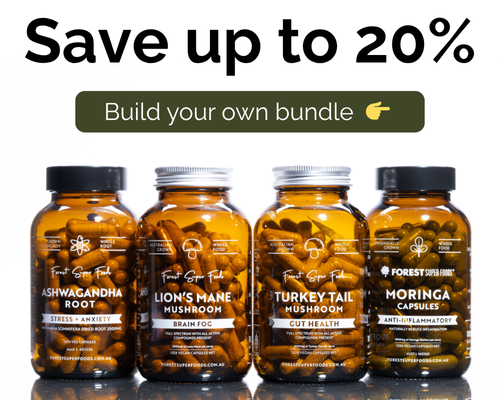
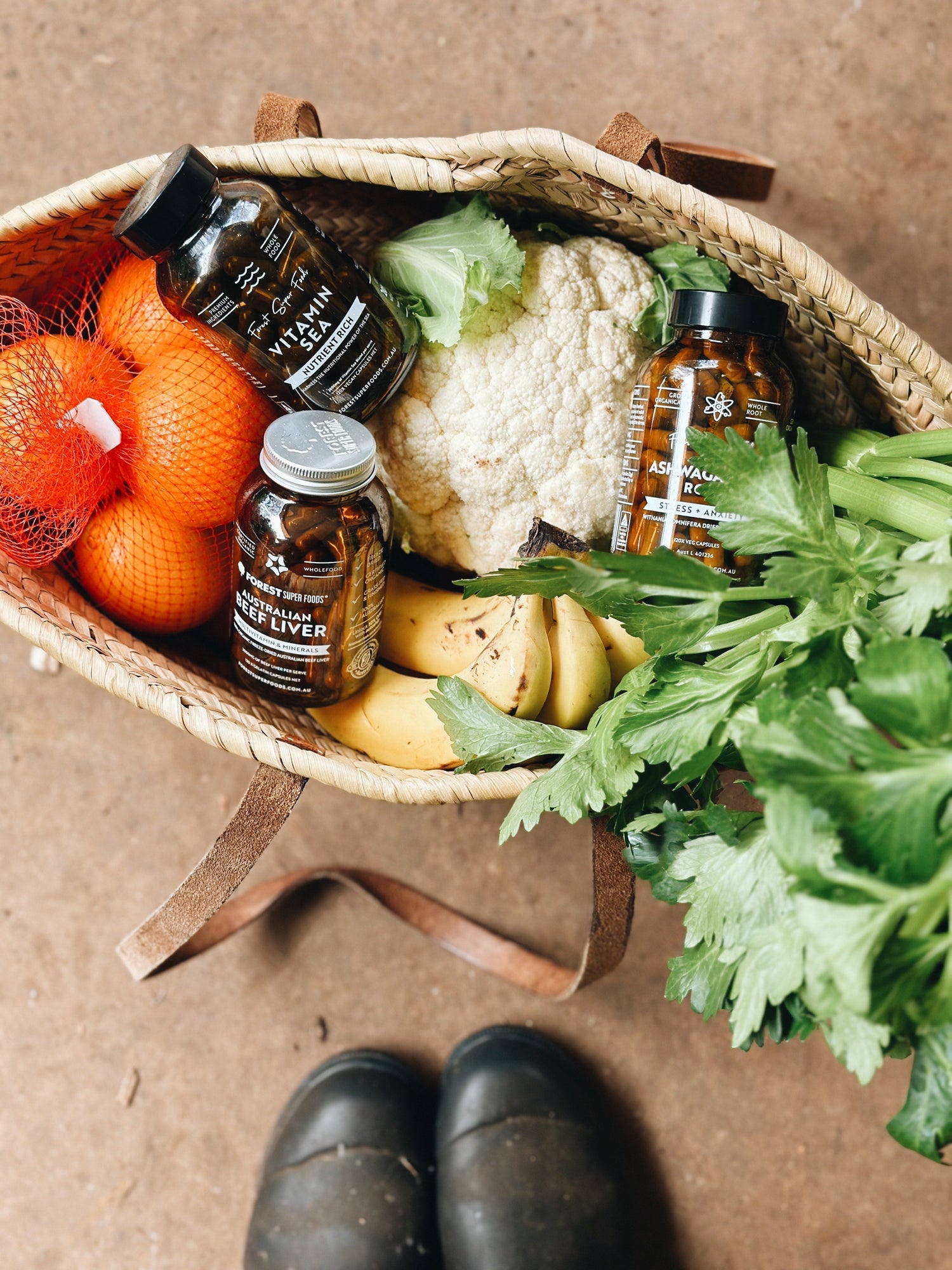


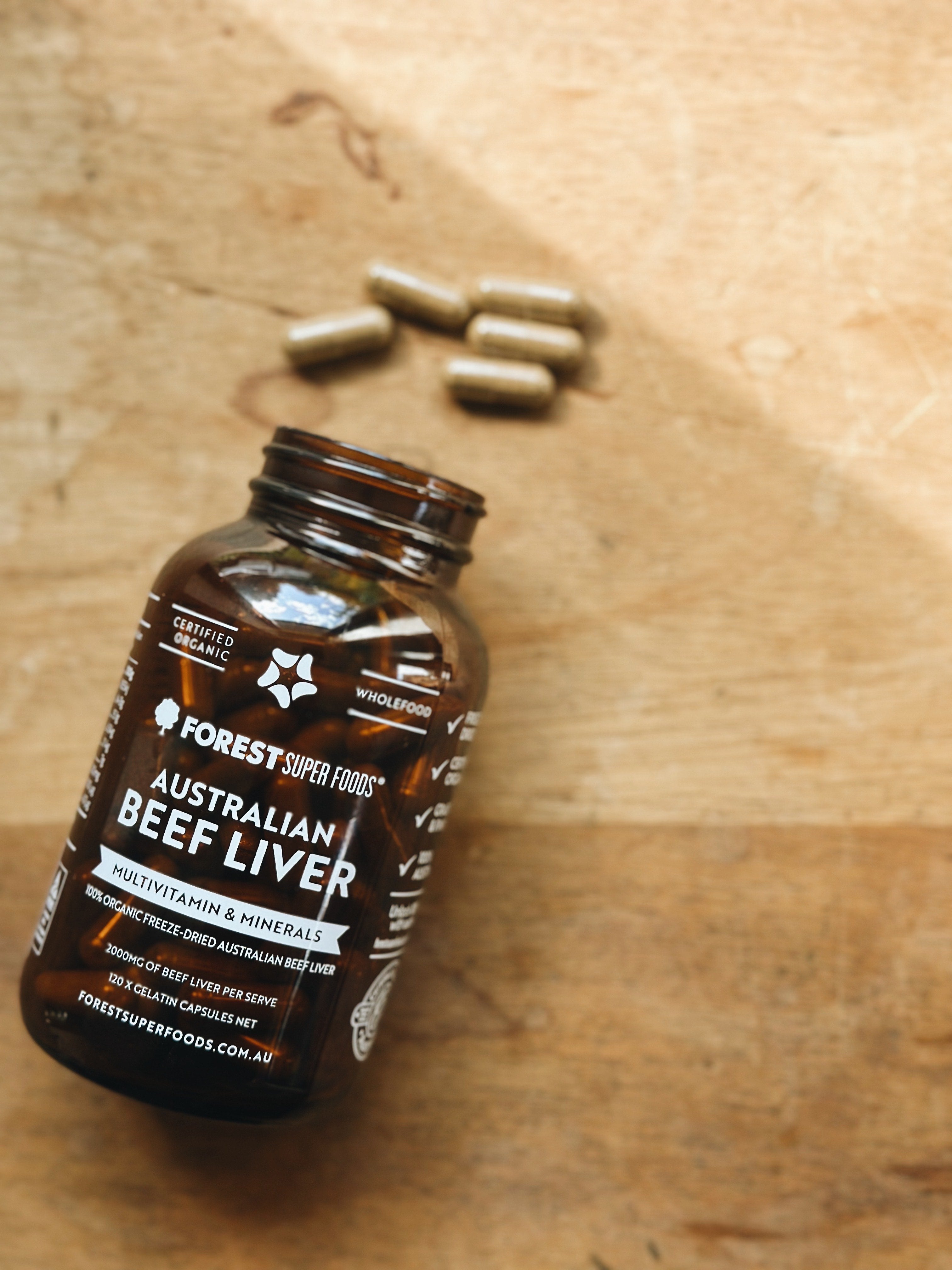
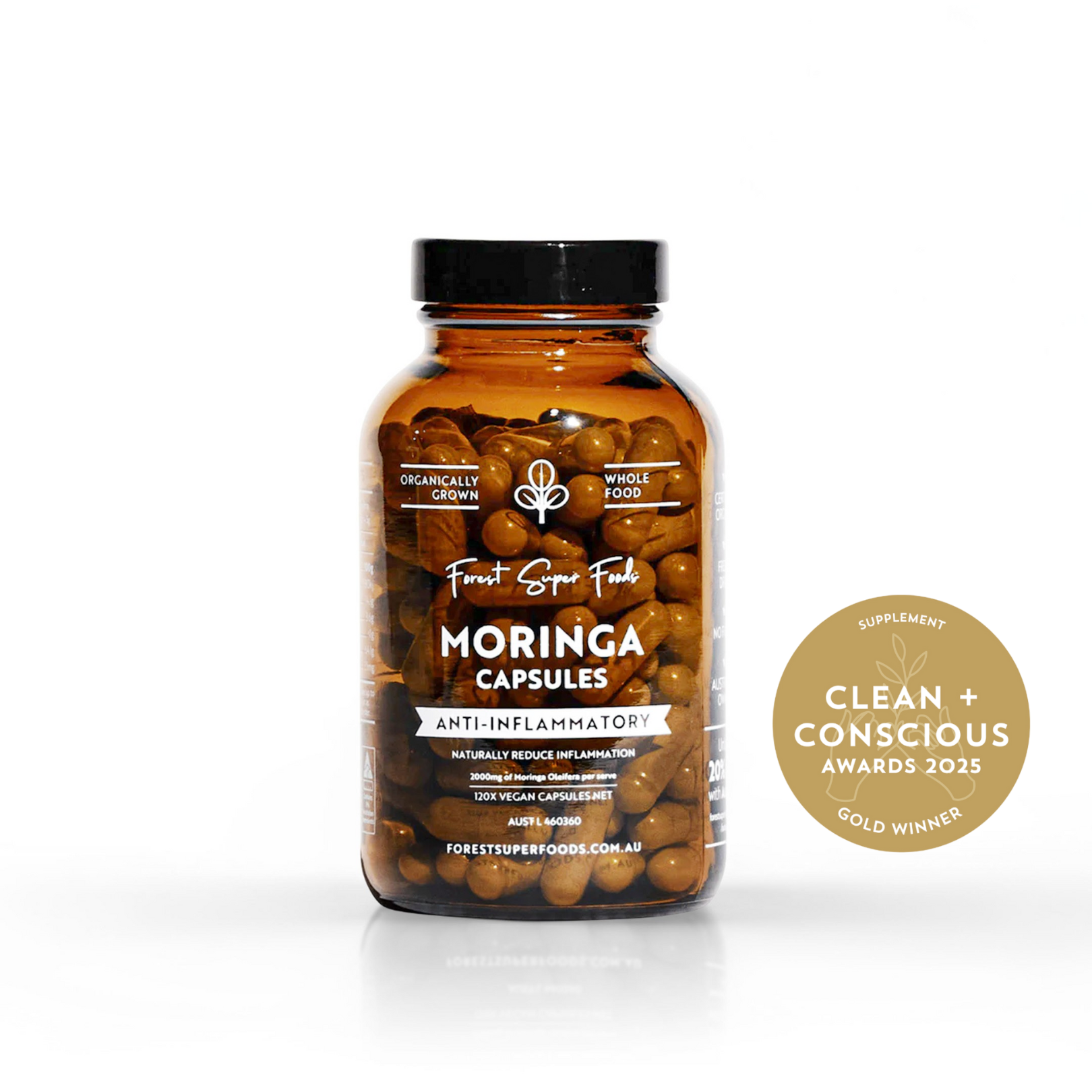
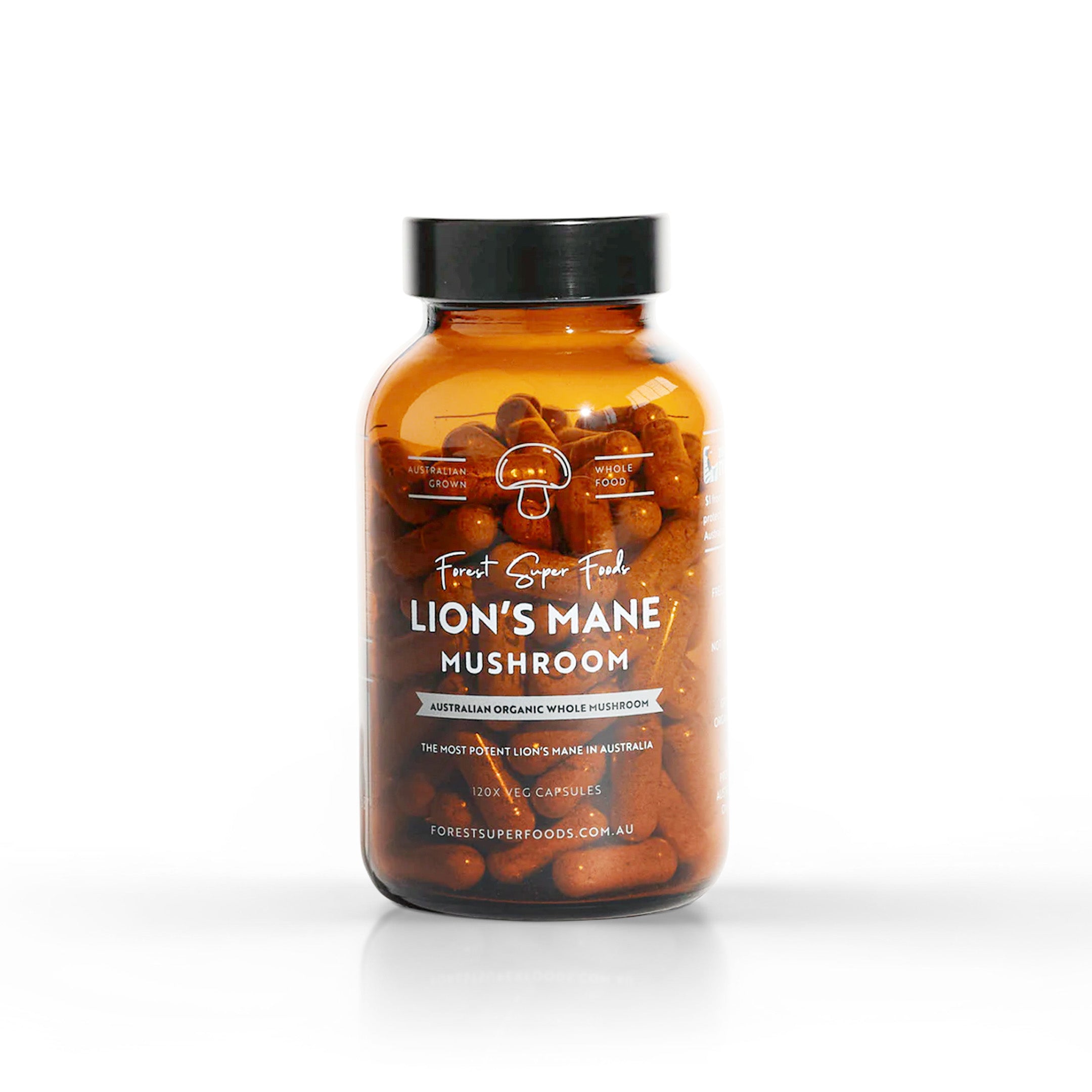
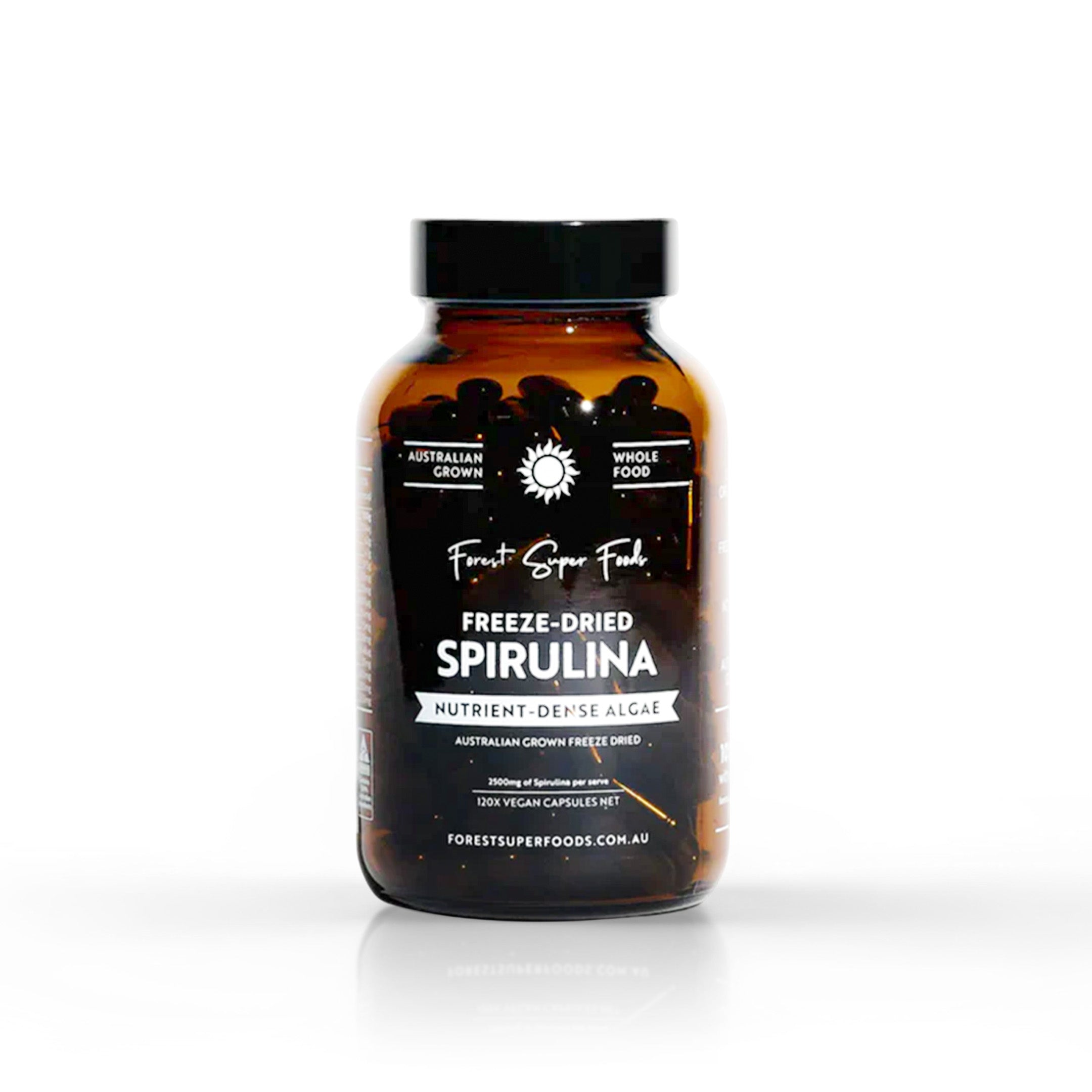
Leave a comment
All comments are moderated before being published.
This site is protected by hCaptcha and the hCaptcha Privacy Policy and Terms of Service apply.